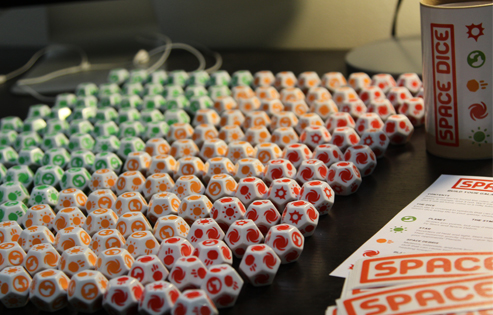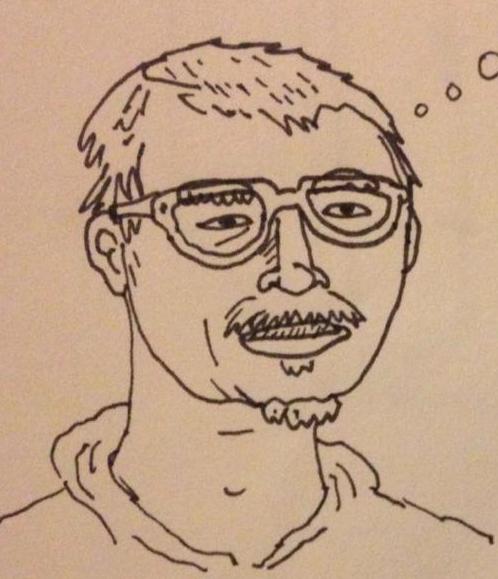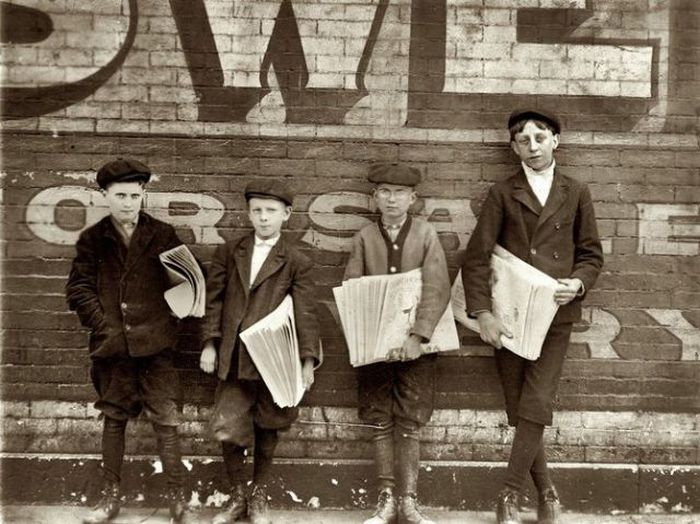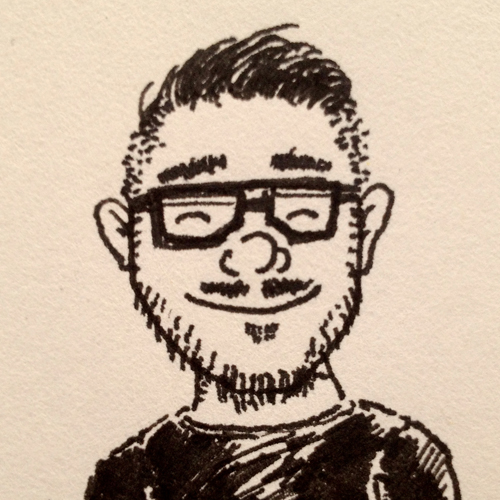Engineering school is about learning how to frame problems. So is data science.
I have a degree in mechanical engineering from a good school, but I’ve never worked a day in my life as an engineer. Instead, I’ve dedicated my career to “data science” — I help people solve business problems using data. Despite never working as a mechanical engineer, that education dramatically shapes how I do my job today.
Most baccalaureate mechanical engineering programs require you to take ten or fifteen core classes that are specific to the domain: statics, stress analysis, dynamics, thermodynamics, heat transfer, fluid dynamics, capstone design, etc. These cover a lot of content, but only a tiny fraction of what you actually face in practice, and so by necessity mechanical engineering programs are really about teaching you how to think about solving problems.
My thermodynamics professor taught us two key things about problem solving that shape how I solve data problems today.
“Work the process”
On the first day of class, rather than teach us anything about entropy or enthalpy, he taught us a twelve step problem solving process. He said that the way to solve any problem was to take a piece of paper and write in numbered sections the following:
- Your name
- The full problem statement
- The ‘given’ facts
- What you’ve been asked to find
- The thermodynamic system involved
- The physical system involved
- The fundamental equations you will use
- The assumptions you are making
- The type of process involved
- Your working equations
- Physical properties or constants
- The solution
The entire course was based on this process. Follow the process and get the wrong answer? You’ll still get a decent grade. Don’t follow the process but get the right answer anyway? Too bad.
Some of these steps are clearly specific to thermodynamic problems, but the general approach is not. If you start from a clear articulation of the problem, what you know, what you’re trying to solve for, and the steps you will take to solve it, you’ll get to the right answer most of the time, no matter how hard the problem looks at the start.
“There is no voodoo”
The other thing that this professor taught us right away was that there was no “voodoo” in anything we were going to study, and that everything can be explained if you take the time to understand it properly.
I’d argue that the fundamental reason why data science is a hot topic now is that businesses want to understand why things happen, not just what is happening — they want to peel back the voodoo. There’s always a fundamental reason: applications don’t suddenly get slow without an underlying cause, nor do people start or stop using a feature without something changing. We may not always be able to find the reasons as well as we’d like, but there is fundamentally an explanation, and the job of a diligent engineer or data scientist is to look for it.
It was totally worth it
People sometimes ask me if I feel like I wasted my time in college by not studying statistics or computer science since the career I’ve ended up in is more closely aligned to those. My answer is a categorical “no” — I can’t imagine a better education to prepare me for data science.






